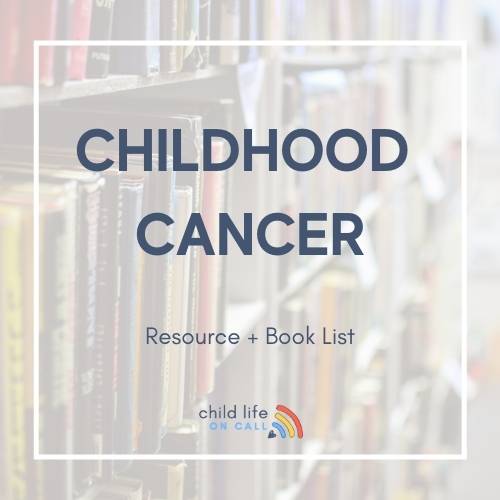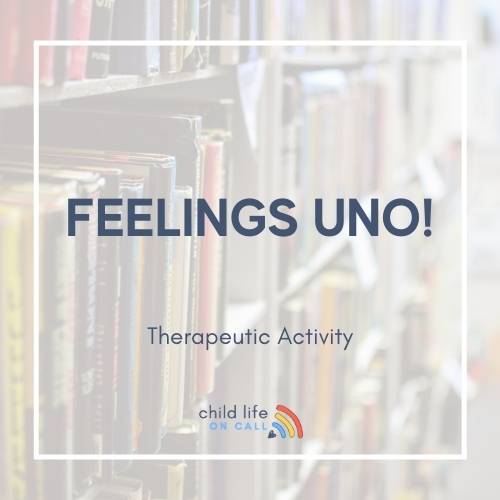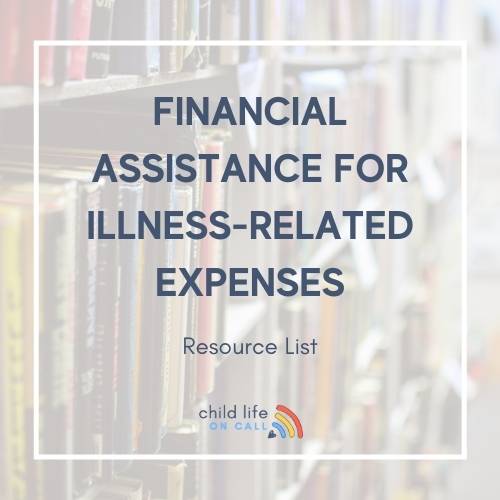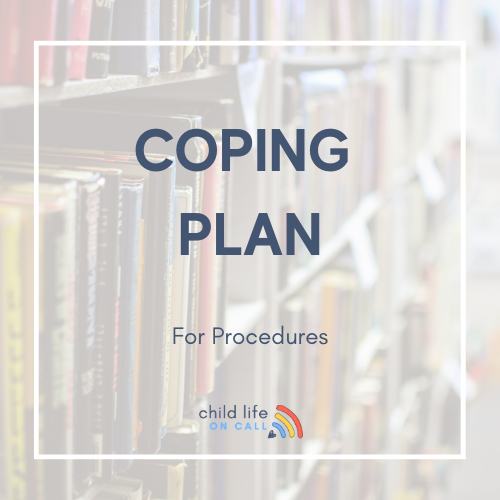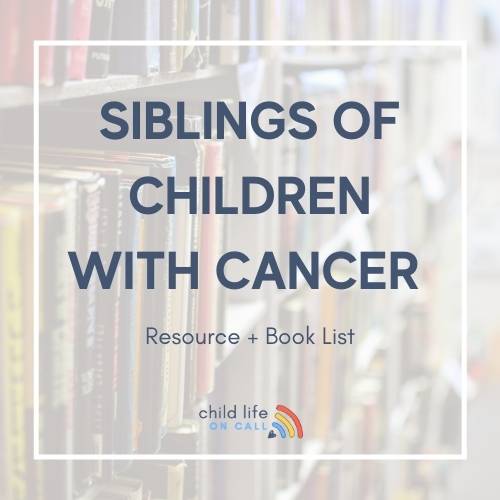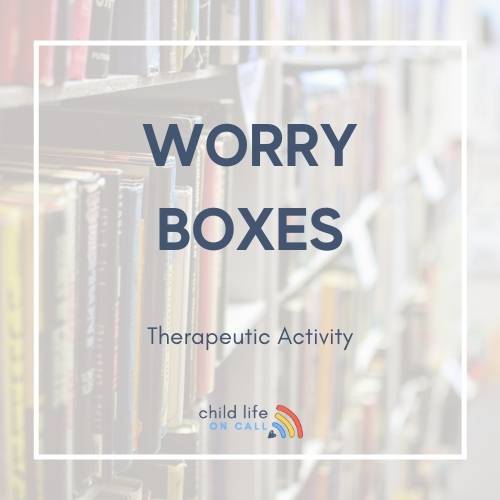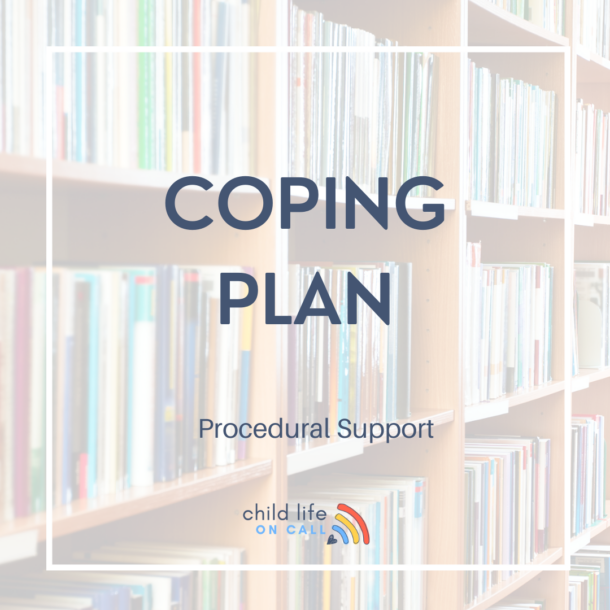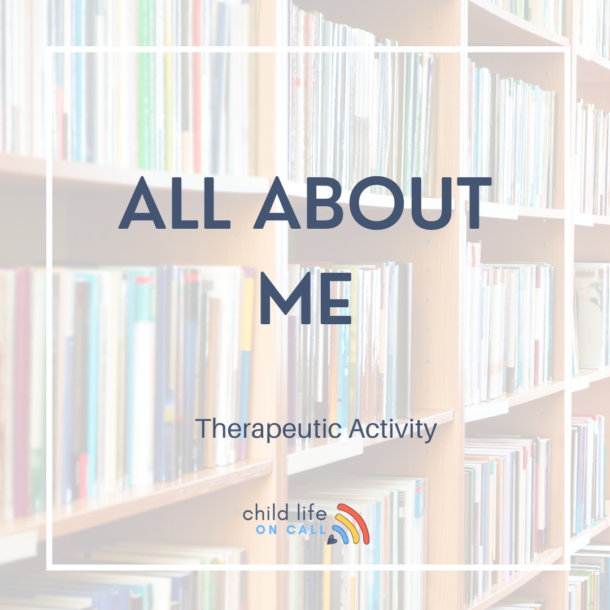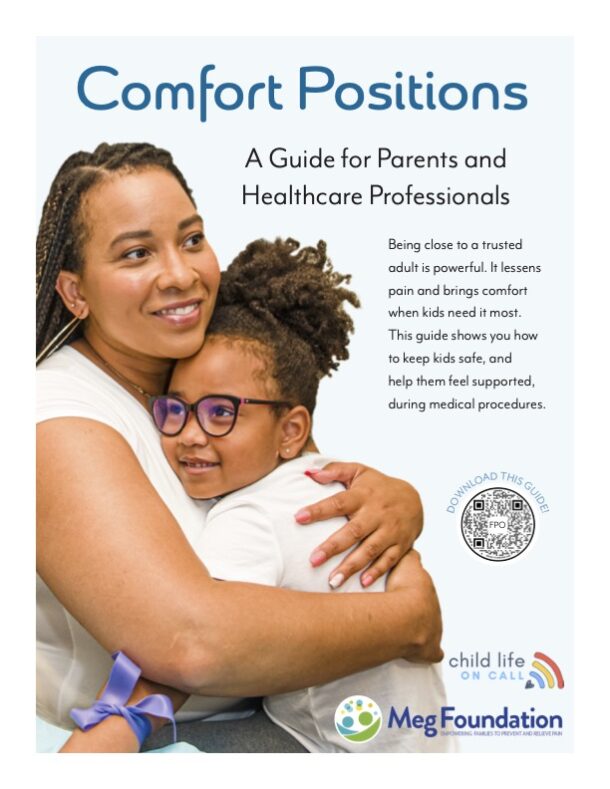April is Child Abuse Prevention Awareness Month. We have reposted this episode to bring awareness and give you tangible tools to speak with your kids about child abuse. Today’s guest expert is Jane Donovan, who is a child abuse prevention advocate. "And like we say in...
Episode 119 | Michelle’s Story: A Son’s Pediatric Rehab Experience
Podcast Show Notes
Today we have a guest co-host AND a guest! Our guest co-host is Sehreen Noorali, and you may remember her from Episode 112 of the podcast. Her younger daughter has some medical needs and has been through neurosurgery. Like Sehreen, our guest Michelle has also spent her fair share of time in the rehab setting. Her son, Gideon, was born with heart defects that required hospitalization.
In this episode, we talk about…
[6:25] Michelle’s family
Michelle has been married for 10 years, and her husband is a firefighter and a paramedic. Before having children, she was a deaf interpreter and worked with kids and adults with special needs. Michelle now stays home with her 5 children – 4 girls, and 1 boy. They homeschool and run a small farm, and they also have full-time nursing to help with their son’s needs.
[8:08] Discovering low oxygen levels in a newborn
Michelle’s son, Gideon, was born at home. He was pink, his breathing looked normal, and he did not seem to be in distress. He was not eating very well and he did not seem interested in nursing, but Michelle just had a feeling that something wasn’t right. After 24 hours, they checked his oxygen levels and they were at 70.
A friend came over to stay with the older children, and Michelle and her husband took Gideon to the ER. They were admitted, because his oxygen level was so low for being 24 hours old.
[11:24] Receiving diagnoses: Tetralogy of Fallot, Pulmonary Atresia and MAPCAs
While they learned that something was wrong with his heart, it took around two weeks to really figure out the extent of his heart defects. Gideon was intubated, he had a feeding tube, and by the next morning they were transferred to a bigger hospital that was over an hour away. There, they met with a cardiologist who diagnosed Gideon with Tetralogy of Fallot, Pulmonary Atresia and MAPCAs.
MAPCAs are extra collateral arteries your body creates when the pulmonary artery, which supplies blood to your lungs, is closed. They are really rare, and Michelle shared that only about 50 kids in the world will be born with them each year. Even amongst them, their MAPCAs are connected in different spots and they have different amounts, so none of their hearts look the same. They were lucky enough to have access to a doctor who trained with one of the leading surgeons in the areas of repairing these hearts and rerouting MAPCAs.
[15:34] Advocating for your child in the medical system
Before Gideon’s birth, Michelle admits to having a lot of anxiety around the medical system. All of a sudden, she found herself living in a hospital for six months. She learned the importance of being a part of a team with your medical providers – parents are vital parts of that team. Michelle would remind herself that Gideon was still her baby, even though the medical team had to do so much for him. She took it upon herself to be his voice and his advocate.
[18:31] Collaborating with your child’s care team
Michelle recalls that Gideon often reacted in unusual and unexpected ways to medical procedures. At one point, he was intubated for around four weeks. They were weaning down his sedation so that he could be awake and breathe on his own. When he is awake and intubated, he fights the machine and then they cannot extubate him. The meds get turned back up, and he’s sedated again.
After watching this cycle repeat itself, Michelle told a doctor she felt in her gut that Gideon could breathe but that he did not like to be intubated. She asked if there was any way they could extubate him without him being awake and realizing that he is intubated. The medical team told her this wasn’t possible, but one doctor suggested a medication they could give him that would allow extubation while he was sedated. The doctor warned Michelle that it was really risky, and that Gideon would either breathe or he may not make it.
This was an extremely difficult decision for Michelle, but ultimately she knew they needed to try it. They gave him the medicine, weaned down the rest of his meds, and then later that day they pulled the tube and Gideon breathed.
[26:12] Handling stress as a parent of a child with medical needs
Becoming as knowledgeable as she could about Gideon’s diagnoses helped Michelle to deal with some of the stress. She would write down what the doctors said during rounds, and she would ask all of her questions. Controlling what she could helped her to cope with her anxiety.
[29:38] Creating community in the inpatient pediatric rehab setting
It is hard to be inpatient for so long, and Michelle remembers feeling like the outside world just stops. She and her husband would rotate every 24 hours, so they would each do 24 hours at the hospital and then 24 hours at home with their other children. Michelle felt a sense of community, as she talked to the nurses, therapists, and other providers. She considers herself to be an internal processor, so she doesn’t need to talk to them about stressful situations at the moment. What she found most difficult was turning it off when she was at home. She would be asking her husband about everything going on at the hospital, and she had to make an effort to be more fully present for her other children as well.
At home, she tried to do things to connect with hospital life. She would take her other children to the park and to school, but she would also incorporate what was going on with Gideon. If he was having a heart procedure, they would cut out paper hearts and stick them to the windows in the house. Michelle shares that they also spent “a small fortune” on books that helped her children work through and understand the difficult circumstances surrounding their brother’s health issues. These books have given them the vocabulary to talk about the situation, and they also help them to see that it is okay when they are apart. Their family is not the only one experiencing this, which helps them to feel less isolated.
[35:44] How Michelle’s son has changed her
Michelle has always been a person who wanted to bring change, but she didn’t know how. The biggest change she has seen in herself is recognizing how powerful she is and how much influence she can have as an individual. She can see how talking to doctors and therapists actually impacts Gideon’s care. They are the experts, but Michelle also knows the value of her own voice. She trusts that she knows what she is talking about when it comes to her kids and their experiences.
[38:45] An update on Gideon
Michelle describes Gideon as “a fighter”. He loves to move around by scooting on his back, and he’s working so hard to use his legs. Gideon loves to go outside. He is nonverbal, so Michelle’s background in sign has been really helpful. He signs to go outside all day long, and he signs to tell others when he hears things like motorcycles or cop cars. Gideon loves bubbles, baths, and when his sisters carry him around. He is happy, smiling, and taking it all in.
CONNECT WITH MICHELLE:
CONNECT WITH SEHREEN:
Have you heard? The Child Life On Call mobile app for parents, kids and their care team will be available in 2022. Sign up to stay informed here.
Child Life On Call is a community of parents and professionals that share ideas, stories and resources to help YOU navigate your child’s unique experiences. We give you strategies to support yourself and your family through life’s challenges. We are so glad you are here.
Website: childlifepodcast.com
Merch: bonfire.com/store/childlifeoncall
Instagram: instagram.com/childlifeoncall
Facebook: facebook.com/childlifeoncall
Twitter: twitter.com/childlifeoncall
YouTube: https://www.youtube.com/channel/UCnh95T1MOYtbpBxJaZqg7rg
You Might Also Like…
215: Ruptured Appendix: Emergent Surgery, 6 Days in the Hospital & Struggles to Discharge
"I've learned so much in this whole process. It's like you have a depth inside of you that resurrects as an advocate and high alert, and it lives inside of you when you need it." -Aspen, Willa's Mom In this episode of Child Life On Call, host Katie Taylor and guest...
214: Sacrifice, Advocacy, Joy: Raising a Son with End Stage Kidney Disease – The Ransome Family’s Story
"Sometimes it's really therapeutic though to remember all that you have gone through because I feel like there are times when we look at each other and I'm like how did we get here?" Taylor Ransome We're grateful for our sponsor for this episode, Nestle Health...

